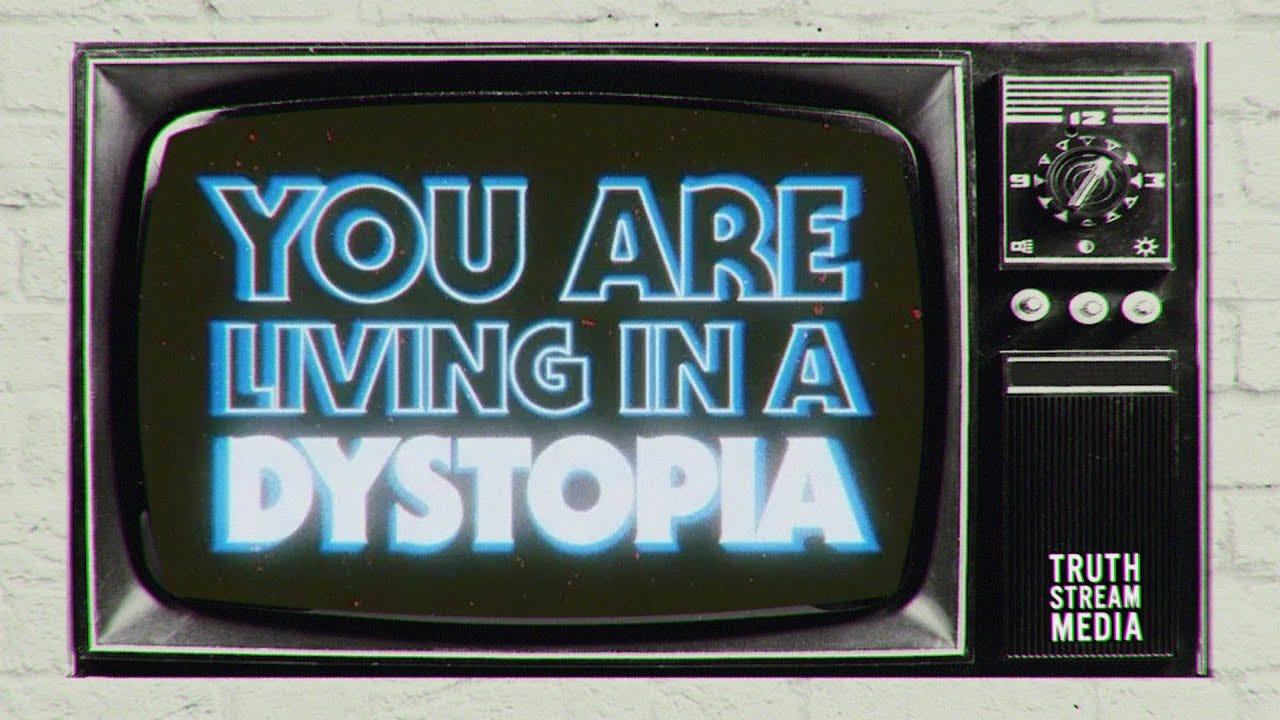Without This, We Are Doomed
TruthStream Media Video GPT Summary
Thanks to my readers' generosity, all my articles are free to access. Independent journalism, however, requires time and investment. If you found value in this article or any others, please consider sharing or even becoming a paid subscriber, who benefits by joining the conversation in the comments. I want you to know that your support is always gratefully received and will never be forgotten. Please buy me a coffee or as many as you wish.
This video by Truthstream Media discusses the growing limitations on free speech, particularly in the UK, where government actions increasingly restrict public expression, both online and offline. The video highlights parallels between historical examples of tyranny and current events, emphasizing the importance of free speech for maintaining freedom and preventing authoritarian control.
🇬🇧 The Significance of July 4th in UK Elections
In the video, Melissa Dykes notes the historical coincidence of the UK holding elections on July 4th, 2024, a date significant for American Independence Day, and the USA holding elections on the 5th of November, a date significant for Guy Fawkes Day. This serves as an introduction to the broader discussion on freedom and the implications of the erosion of free speech in modern times. 00:01:00
📜 Section 127 of the Communications Act
The video critiques Section 127 of the UK’s 2003 Communications Act, which is being used to arrest individuals for social media posts. Initially aimed at preventing harmful communications, the law is now broadly applied to suppress free speech, with significant legal and social implications. 00:09:20
🛑 Arrests for Social Media Posts
Specific examples are provided where individuals in the UK have been arrested under Section 127 for posting or sharing content on social media. The narrator describes how these actions by the government effectively stifle public discourse and intimidate citizens from expressing their opinions. 00:14:30
🧠 The Impact on Public Consciousness
The suppression of free speech in the UK is discussed regarding its impact on public consciousness. The video argues that by controlling what people can say and share, the government also controls how they think and perceive reality, leading to a populace that is less capable of critical thought. 00:19:40
🔍 Historical Parallels
The video parallels historical examples of tyranny, such as the divine right of kings, and the current situation in the UK. The narrator suggests that the erosion of free speech and the increasing control by the government echo these past instances of authoritarian rule. 00:22:30
🚨 Non-Crime Hate Incidents
The concept of “non-crime hate incidents” is introduced, where the UK police investigate incidents that are not classified as crimes but are still recorded as potentially harmful. This is seen as a significant threat to free speech, as it enables the monitoring and penalizing of individuals based on subjective perceptions rather than actual legal violations. 00:26:45
⚖️ The Human Rights Act and Its Limitations
The video critiques Article 10 of the UK’s Human Rights Act of 1998, which guarantees freedom of expression but includes many qualifications. The narrator contrasts this with the U.S. First Amendment, arguing that the UK’s approach to free speech is fundamentally flawed due to these restrictions. 00:29:20
📉 Media Control and Algorithmic Censorship
The role of media and technology in controlling information is discussed, particularly how the UK government uses algorithms to suppress dissenting views online. The video argues that this digital censorship is a modern version of historical press control, limiting the public’s access to diverse perspectives. 00:31:00
🔄 Historical Repetition and Modern Tyranny
In the final section, Melissa reflects on how the suppression of free speech in the UK signals a regression toward authoritarianism. The video calls for vigilance in defending free speech to prevent a return to the tyrannical practices of the past. 00:34:50



